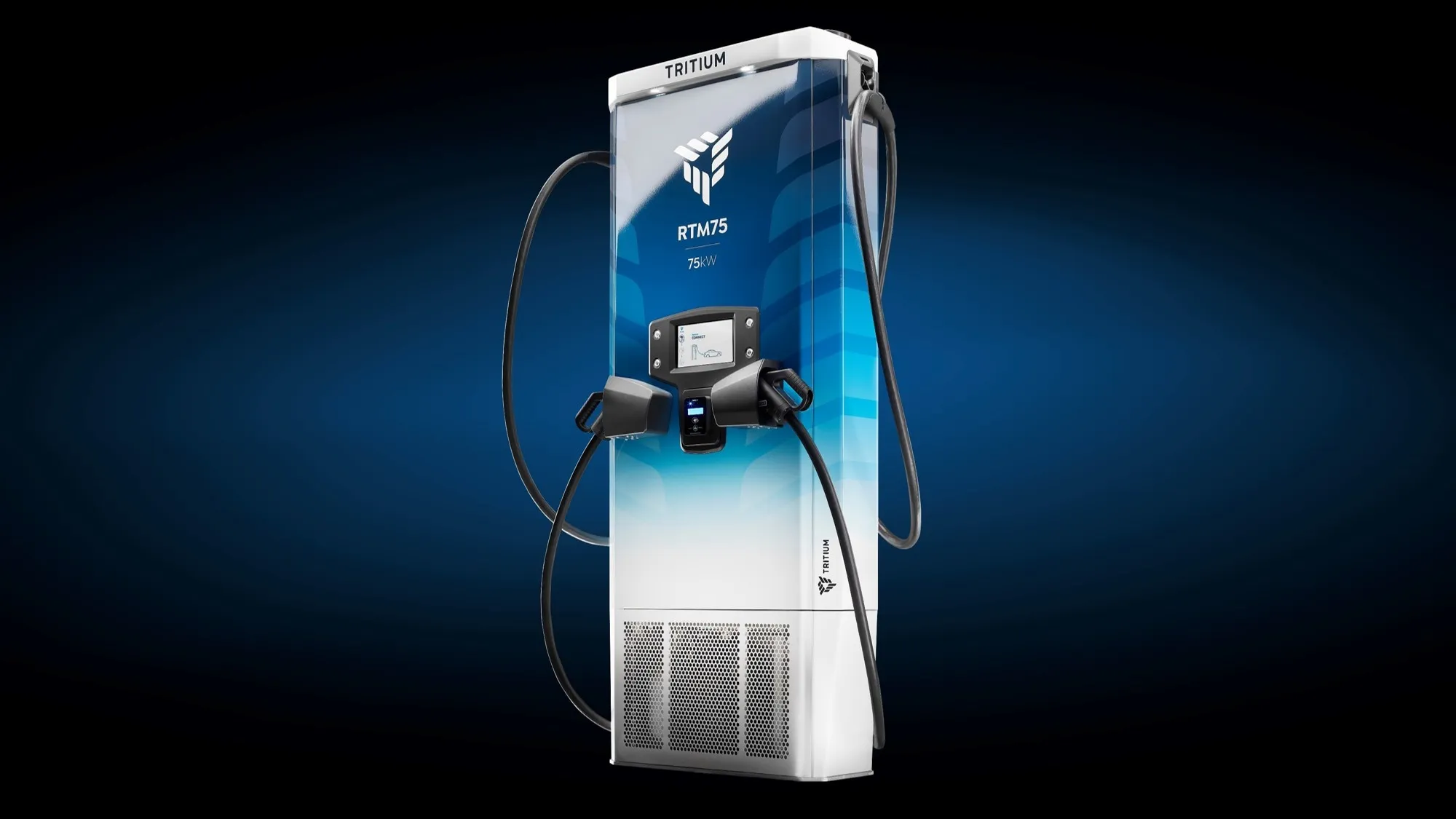The innovative QBeak electric car is to benefit from a sophisticated methanol fuel cell range extender that will give it a range of at least 800km. Development work is being carried out on the project by a consortium of Danish companies. The plan is to develop a novel, range-extended electric vehicle that uses biomethanol as a fuel source. TheModularEnergyCarrier concept (MECc) project has just been granted funding from the Danish government. The reworked electric car is expected to deliver high market pote
July 17, 2012
Read time: 2 mins
RSSThe innovative QBeak electric car is to benefit from a sophisticated methanol fuel cell range extender that will give it a range of at least 800km. Development work is being carried out on the project by a consortium of Danish companies. The plan is to develop a novel, range-extended electric vehicle that uses biomethanol as a fuel source. TheModularEnergyCarrier concept (MECc) project has just been granted funding from the Danish government. The reworked electric car is expected to deliver high market potential due to a competitive price and specifications that can be adapted to the user’s individual requirements. This versatility is delivered by the use of methanol-fuelled fuel cells for range extension.
The concept vehicle is based on the QBeak electric car, now in the final phase of development by ECOmove. The car essentially has six energy slots distributed through its structure that can each contain battery, fuel cell, or methanol tank. This allows the on-board energy storage to be adapted to different needs. The basic range-extended model will have a 2.5kW fuel cell and tank occupying two slots, but the modular design means that more fuel cell plus tank modules can be added if longer range is required by the customer. The project partners say that the car will have a range of at least 800km.
The QBeak is a plug-in type vehicle: the concept allows the customer the flexibility of recharging the batteries during off-peak periods when electricity costs are low, or filling up with methanol in a few minutes when that convenience is desired.
EV industry cluster Insero E-Mobility is managing the project, and it is being funded under the Energy Technology Development and Demonstration Program (EDDP), which supports the development of technologies to make Denmark independent of fossil fuels by 2050.
The concept vehicle is based on the QBeak electric car, now in the final phase of development by ECOmove. The car essentially has six energy slots distributed through its structure that can each contain battery, fuel cell, or methanol tank. This allows the on-board energy storage to be adapted to different needs. The basic range-extended model will have a 2.5kW fuel cell and tank occupying two slots, but the modular design means that more fuel cell plus tank modules can be added if longer range is required by the customer. The project partners say that the car will have a range of at least 800km.
The QBeak is a plug-in type vehicle: the concept allows the customer the flexibility of recharging the batteries during off-peak periods when electricity costs are low, or filling up with methanol in a few minutes when that convenience is desired.
EV industry cluster Insero E-Mobility is managing the project, and it is being funded under the Energy Technology Development and Demonstration Program (EDDP), which supports the development of technologies to make Denmark independent of fossil fuels by 2050.








